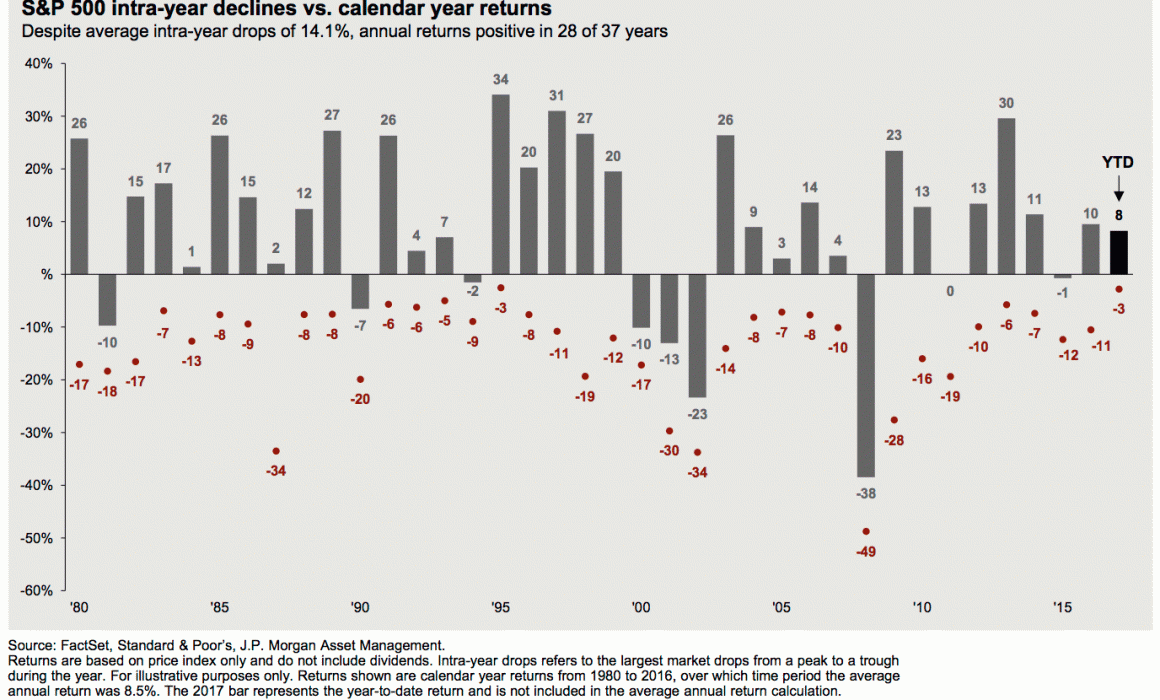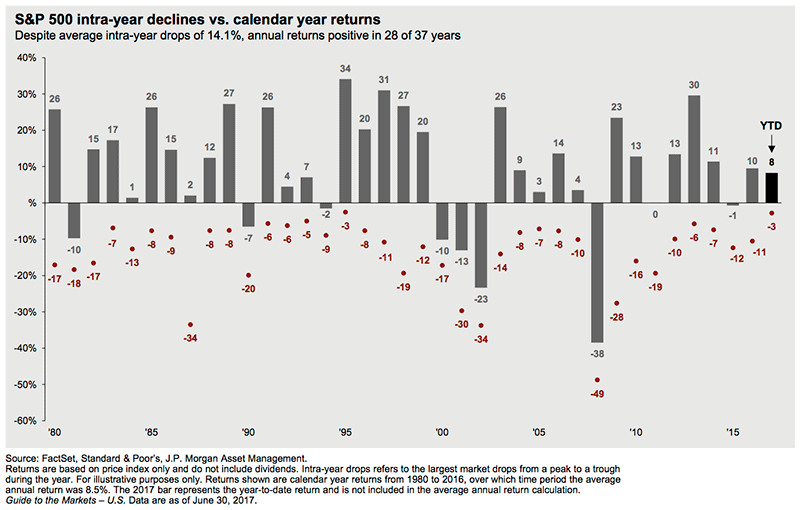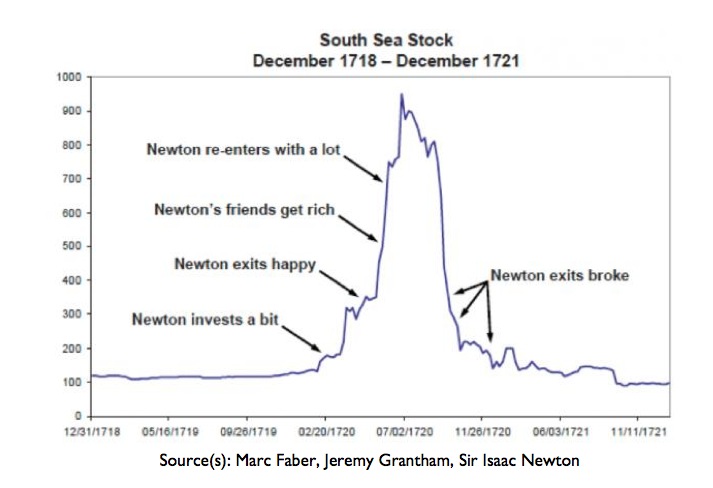Inherited IRAs
 Inheritances received via an IRA can be advantageous since you can choose to stretch the required distributions across your life expectancy, giving the assets more time to grow (plus taxes aren’t due until withdrawals are made). Here are key best practices to keep in mind:
Inheritances received via an IRA can be advantageous since you can choose to stretch the required distributions across your life expectancy, giving the assets more time to grow (plus taxes aren’t due until withdrawals are made). Here are key best practices to keep in mind:
- When you inherit an IRA from anyone other than your spouse, you can’t roll it over into your own IRA
- Instead, you have to retitle the IRA so it is clear the owner died and you are the beneficiary
- If you move the account to a new custodian, make sure it is a “trustee to trustee” transfer”
- If the check is mistakenly made out to you, the IRS will consider it a “total distribution” subject to tax and if you are anyone other than the surviving spouse, it would effectively end the IRA
- Be aware there are deadlines for all of these actions
- If the IRA owner dies after age 70 1/2 (when required withdrawals start) and didn’t yet take a withdrawal for the year, the heir has to do so by December 31
(if you miss the deadline, you are subject to a 50% penalty on the amount you should have withdrawn!) - If you are a nonspouse beneficiary, determine the required distribution by looking up your life expectancy on the single-life table in IRS publication 590
(most IRA custodians will calculate the required withdrawal amount for you but you need to make sure they are using the inherited IRA calculation) - Once you receive a 1099 form, confirm that the custodian properly indicated the distribution as a code “4”

























